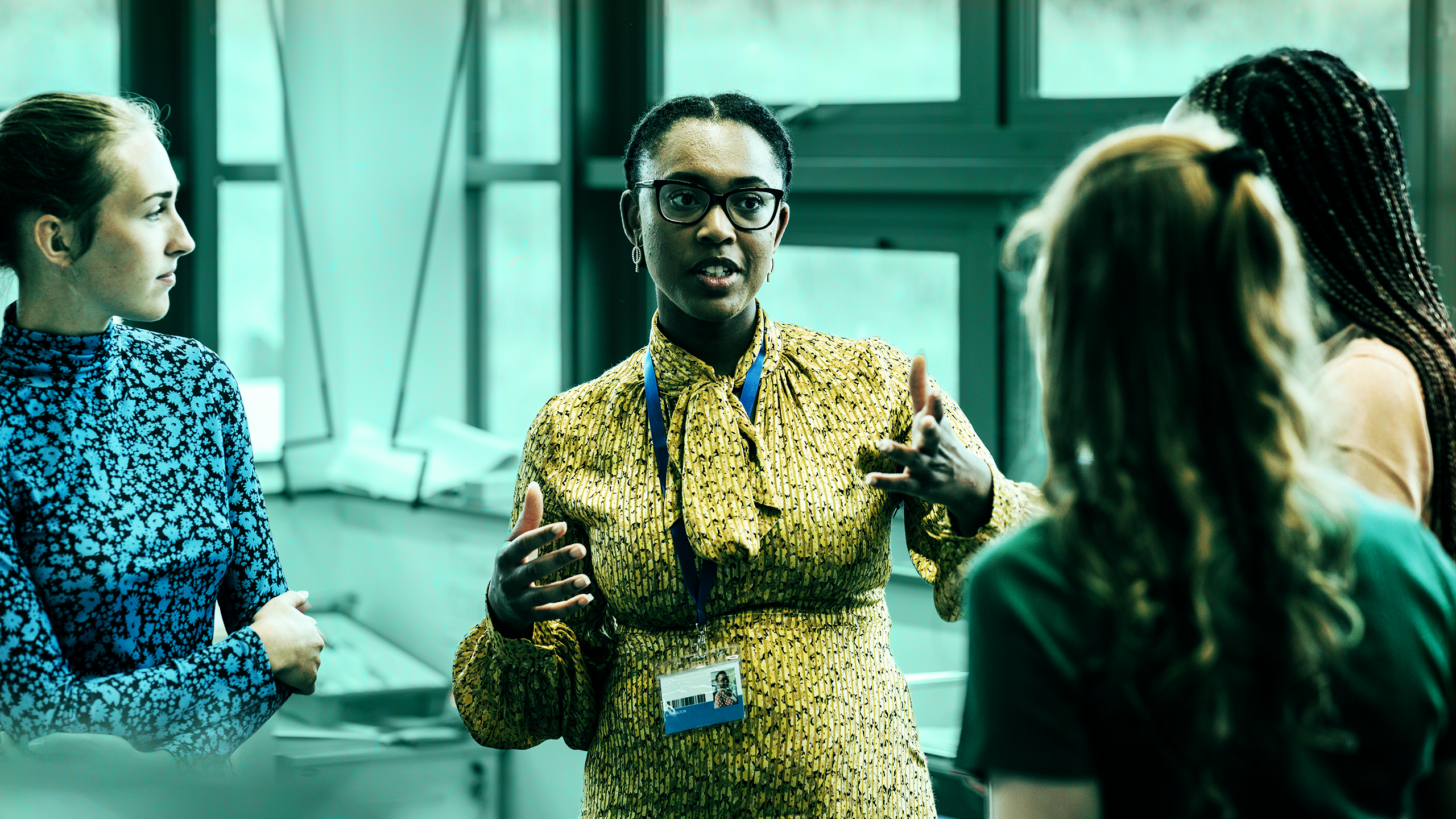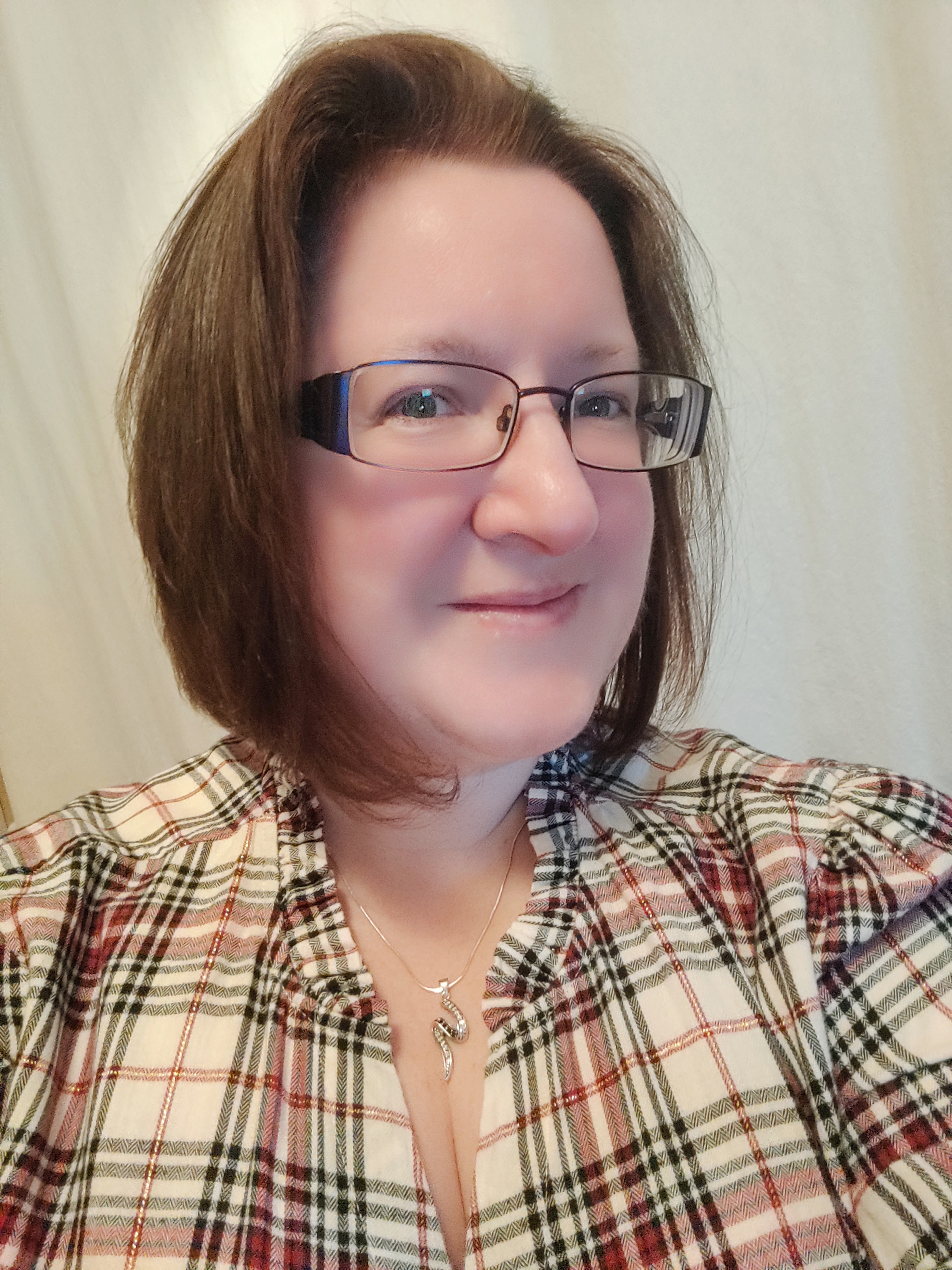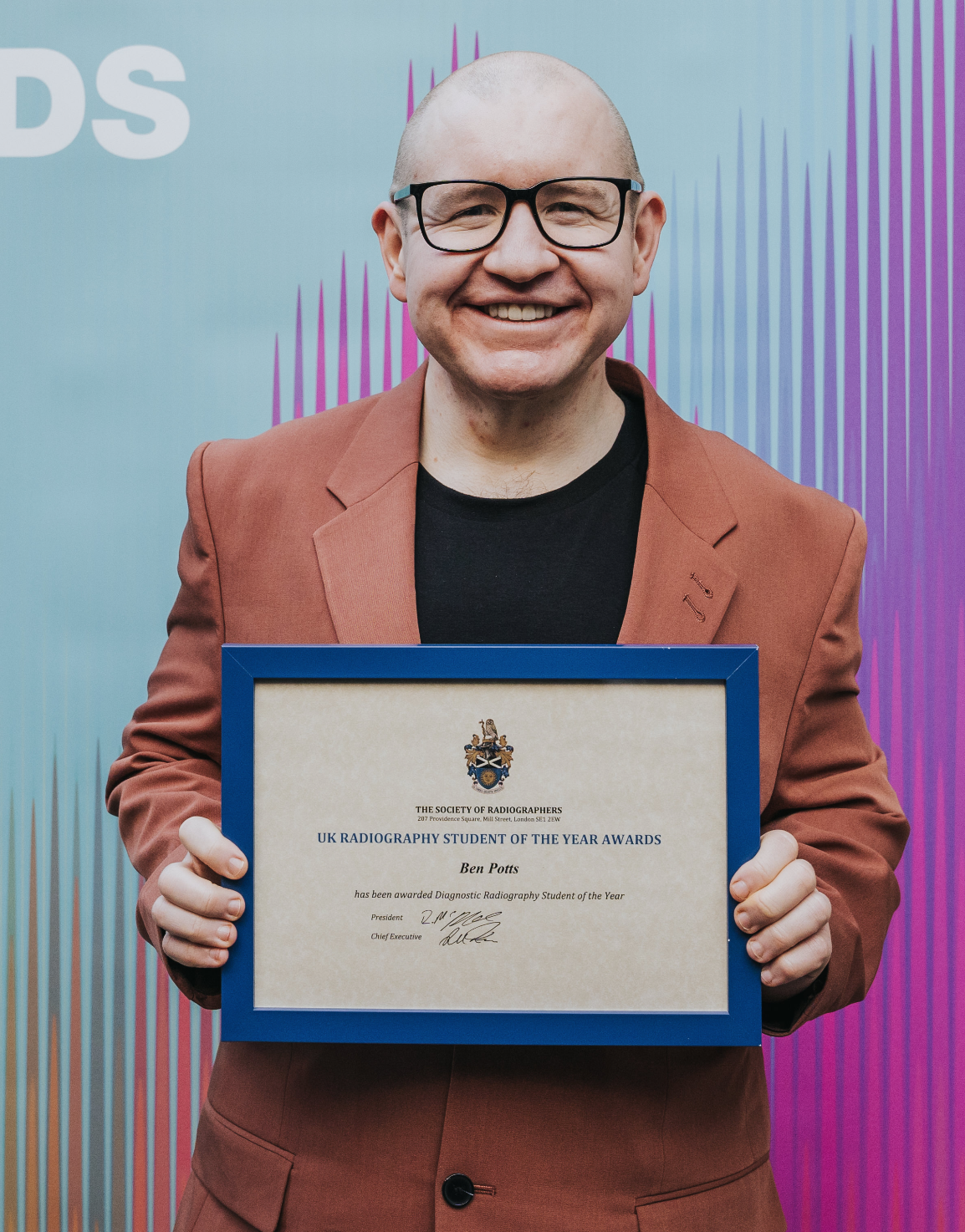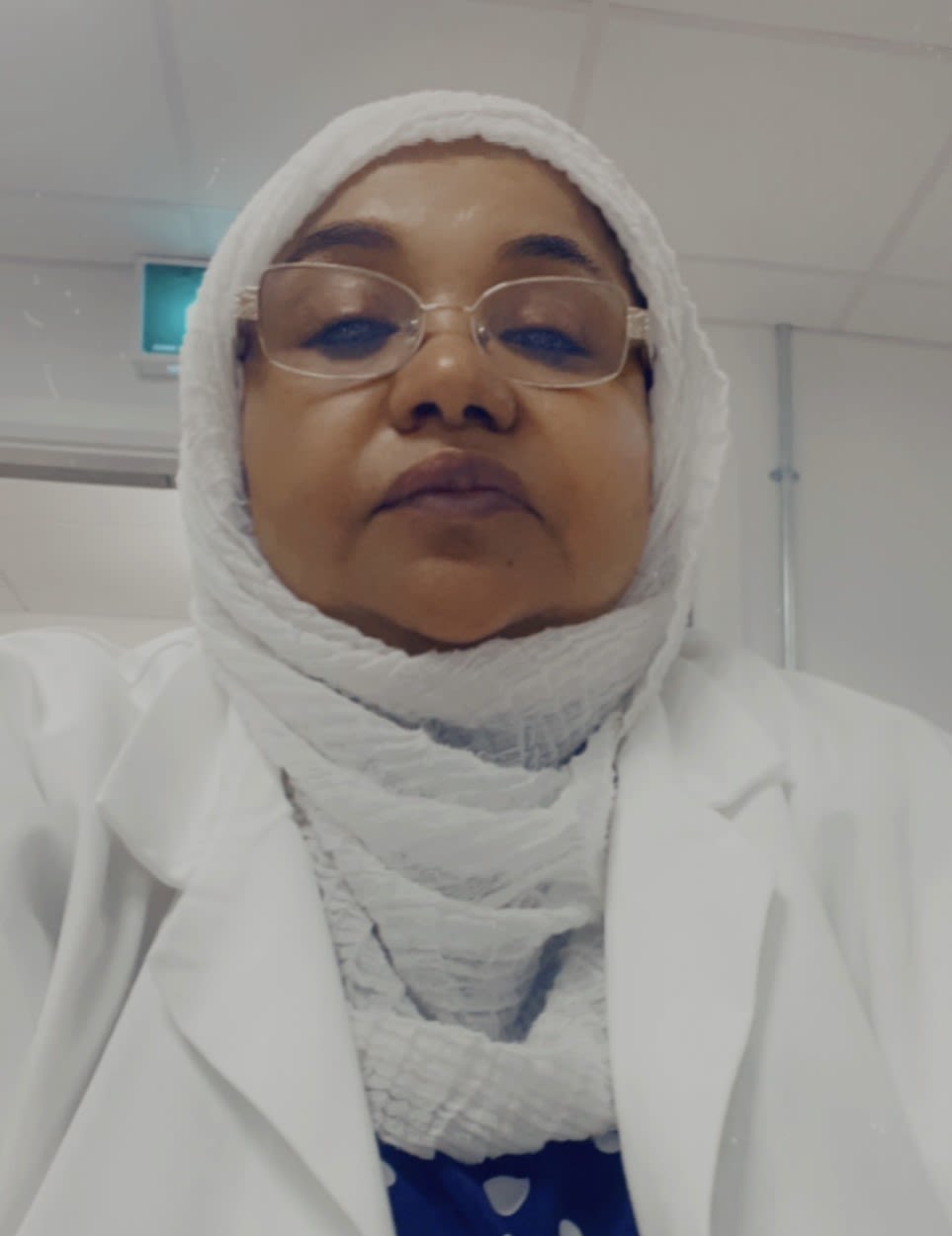
Progression
Moving on:
From student to practitioner
We asked three newly qualified radiographers to share their feelings as they make the transition into the world of work
The course is finished. You can’t quite believe that you are actually allowed to call yourself a radiographer but you can – it’s there on that registration confirmation from the Health and Care Professions Council.
Moving from student to registered practitioner is a time for celebration but along with the excitement and sense of achievement comes some trepidation. How do you deal with the pressures of your first job? How will your colleagues treat you? What will be expected of you?
These three newly qualified radiographers took different routes into radiography and were students during challenging times for the NHS. As they stand on the cusp of their new careers, they reflect on their path to qualification and share how they feel about moving on.
Three newly qualified radiographers...
Sarah Downing
Newly qualified therapeutic radiographer, University of Hertfordshire
I have retrained to be a therapeutic radiographer, so whereas I have skills and confidence from previous roles to take forward, I am aware that this time I am going into a different profession.
I remember having an “Aha!” moment in my last placement where I realised that I could go into a treatment set-up and know what I was doing as a member of the team, which was a fabulous feeling - especially because at the beginning of my third year I was unsure whether I would get there.
The amount of independent study in my third year overwhelmed me at first because this was not something I was used to, but I soon settled into it with a strict diary for organisation to ensure that I hit all of my deadlines. At this time, I spoke to my personal tutor and placement link lecturer for support, which was invaluable in me achieving the grade that I had worked so hard for.
My new role is in a department where I have not been on placement, although it’s always been my aim to work there. To ensure the department was the right fit for me, I arranged an elective visit - something I would encourage any student to do. I was able to speak to staff and experience the running of the department, as well as making contacts within this new profession that I’m joining. This was vital for me so that I could confidently apply for the role, knowing that I knew the direction the department was aiming, the main areas where they needed staff, and ultimately if it was a department that I would be happy working in.
With the elective visit for my intended site and the support given by my university, I feel that I am ready to take that step into the workforce with a sense of excitement, and I’m looking forward to the new challenge!
Ben Potts
Newly qualified diagnostic radiographer, Birmingham City University
As I stand at the threshold of my professional career as a radiographer, I feel a whirlwind of emotions. A mixture of excitement, nervousness, and eager anticipation marks the beginning of a new chapter.
I enjoyed being a student radiographer. I was proud to wear the uniform and made it an intrinsic part of my identity. Regardless - as I’m sure is common - I am anxious about the next step. There is a certain safety net in being a student and I’m not sure I am prepared for it to be taken away. However, I can hear all my lecturers saying that "you would not have passed the course if you were not ready”, and of course they are right.
I feel that as newly qualified radiographers we should be proud of the knowledge and skills we have honed over three years of education, especially considering the majority of our training was during a pandemic. That being said, we should also be cognisant of what we do not know.
We should seek out opportunities for CPD and engage in professional networks. These practices benefited me throughout my time as a student, volunteering in the SoR student forum, and attending UKIO and study days. Through these activities, I have met some amazing people and seen fascinating ground-breaking research. This has not only aided my confidence and leadership skills but inspired me to go into research myself. I am excited to start a large project soon and privileged to have a role that supports this.
Being in this period of post-university but pre-career has given me time for reflection. I have been reminded about why I wanted to be a radiographer. I was in very poor mental health, dealing with addiction and was a full-time carer for my grandmother. It was knowing I was making a difference for her that inspired me to look at caring careers.
So, as I prepare to step into the world of radiography, I am acutely aware of the privilege that comes with my chosen profession. I am reminded of the profound impact I can have on the lives of patients, providing them with crucial diagnoses and offering solace in moments of vulnerability. If my grandmother was still here, I would promise to make her proud.
Huda Fadel
Newly qualified diagnostic radiographer, Canterbury Christ Church University
I came to study radiography from a background of studying law, and even having a masters degree, however I was very excited by the prospect of studying diagnostic radiography because this was my original dream. Despite coming from such a different discipline, I was still eager to earnestly pursue a career in healthcare as a radiographer.
During my placement, I had to overcome many difficulties regarding how I was managed. One thing to note was the lack of proper monitoring in my first year. When I received proper guidance from second year onwards, I realised just what I was missing, given how little training or instruction I had been provided.
However, this could be due to the turbulent times in which I began my placement as it was during the beginning of the Covid-19 pandemic, where hospitals at that point were already heavily understaffed and overworked. We were not instructed on how to use equipment such as the MRI and CT, rather we as students just helped clean the beds. We were not given any insight into technical procedures and were given bare minimum instruction as to not slow the flow of work.
If I were to have an opportunity to be a monitoring radiographer, I would try my best to ensure I could give proper guidance to any students I was supervising, to ensure that they would get enough support to know what they were doing and give them as much technical experience as possible so that they can be as productive as possible in the future.
At placements where I received proper management and monitoring, the difference was like night and day. I received immense support and instruction on technical procedures and how to interact with patients and staff. All of this drastically improved my confidence in my abilities regarding diagnostic radiography procedures and interprofessional collaboration, as I am now assured of my competence to practise radiography in a clinical setting once I am fully licensed, and to then be able to contribute to the field of diagnostic radiography.
New Professionals’ Network
Are you a final year student, or a Band 5 radiographer? Would you like to be part of a network where you can access news, events, CPD content and peer support from fellow radiographers across the UK? The SoR New Professionals Network is here to support you.
To register for regular meeting invites and updates, visit our New Professionals’ Network hub.
Now read...





